Israel / Palestine
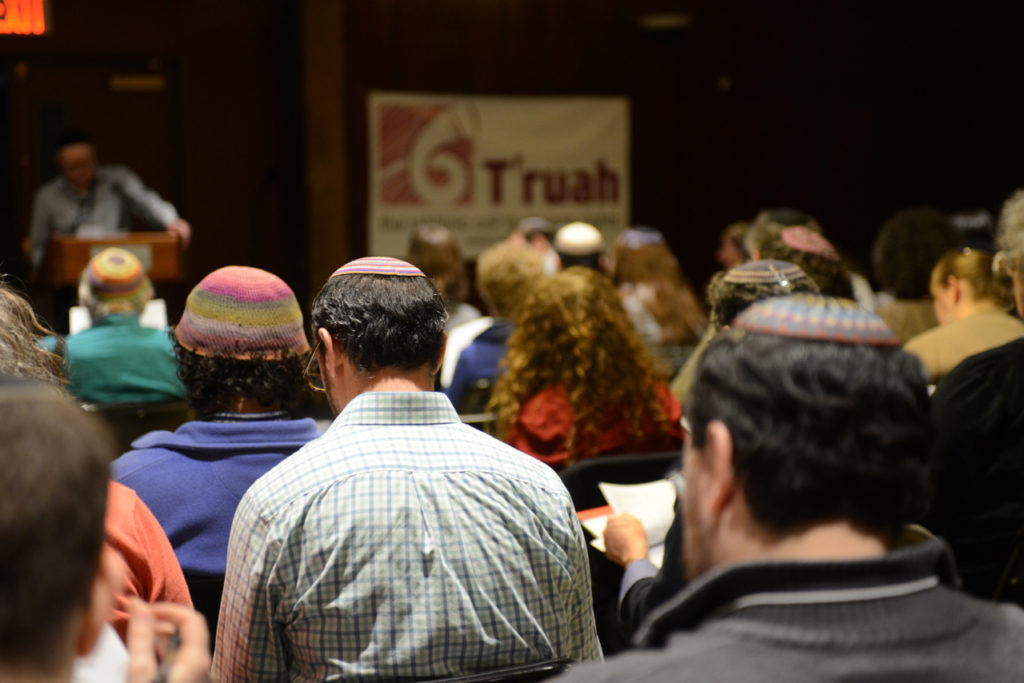
Israel at 75 Resources for Clergy: Shabbat of April 21-22, 2023
As Jewish clergy we have an obligation to raise our moral voices against injustice being perpetrated at home and abroad.
more
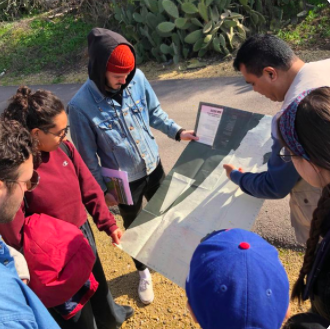
Resources for Responding to Violence in Israel and the Occupied Palestinian Territories
Prayers, text studies, divrei Torah, and general advice to the Jewish community, particularly American Jews, about how to help end the occupation.
more

Elevating Our Hearts and Spirits Towards Justice
The Mishkan was not just a compound our ancestors built; it is a state of mind that we can inhabit.
more

Finding the Roots of Our Neighbor’s Home
The al-Walaja olive tree is one of the oldest trees in the world... Today, as it bears fruit for this generation of residents, it also bears witness to the State of Israel demolishing the homes of some of those residents.
more

Choosing Justice Over First-Born Status
Firstborns can be supplanted in many different ways, not all of them virtuous.
more

Meeting the Other Face to Face
In the grand scheme of the occupation, individuals or small groups coming together might seem like a small thing, but Jacob and Esau’s meeting shows us just how powerful personal moments of meeting and reconciliation can be.
more
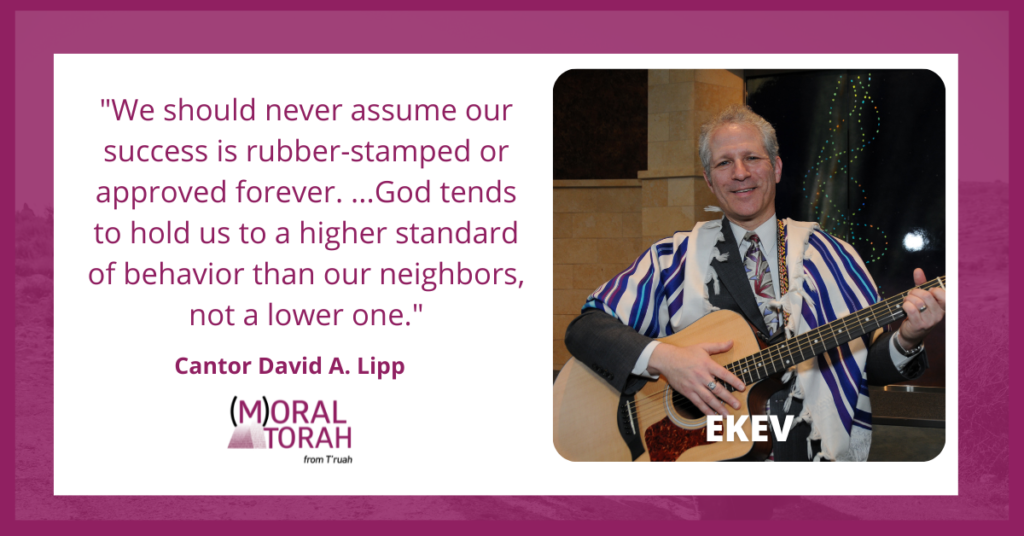
Trampling over the Torah
We should never assume our success is rubber-stamped or approved forever. Our actions can always be re-evaluated, and based on prophetic precedent, God tends to hold us to a higher standard of behavior than our neighbors, not a lower one.
more
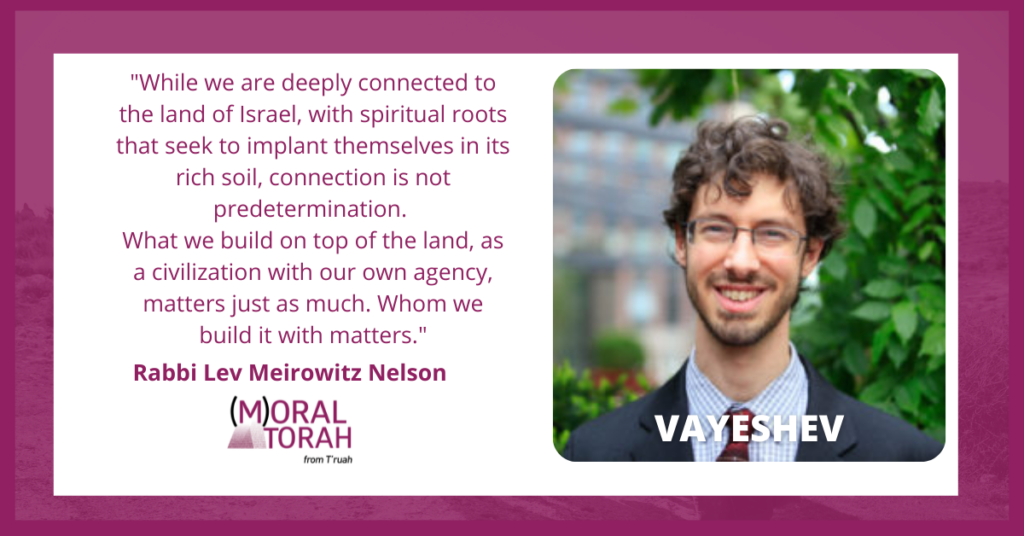
The Symbolism of Planting During a Shmita Year
While we are deeply connected to the land of Israel, with spiritual roots that seek to implant themselves in its rich soil, connection is not predetermination.
What we build on top of the land, as a civilization with our own agency, matters just as much. Whom we build it with matters.
more
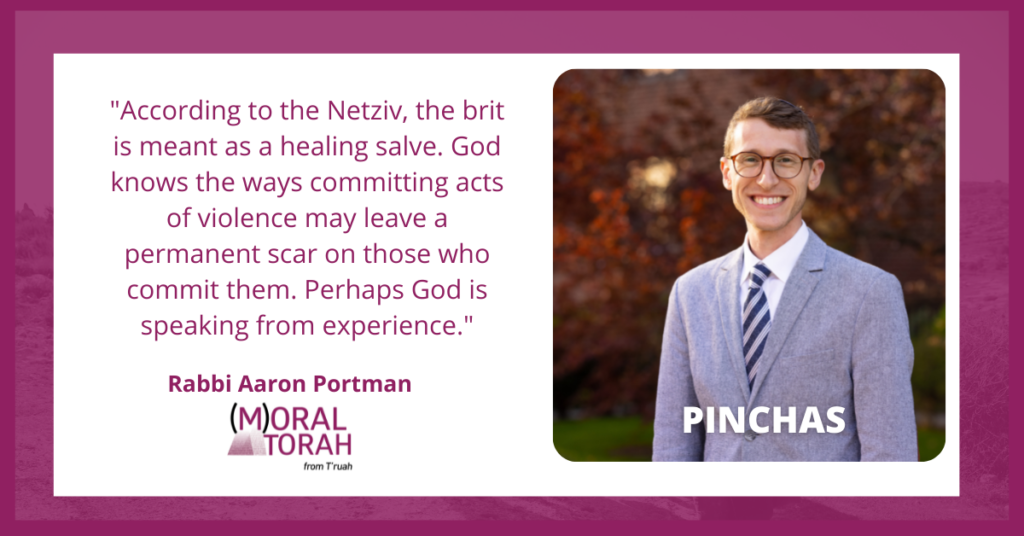
Reckoning With the Harm We’ve Caused
According to the Netziv, the brit is meant as a healing salve. God knows the ways committing acts of violence may leave a permanent scar on those who commit them. Perhaps God is speaking from experience.
more
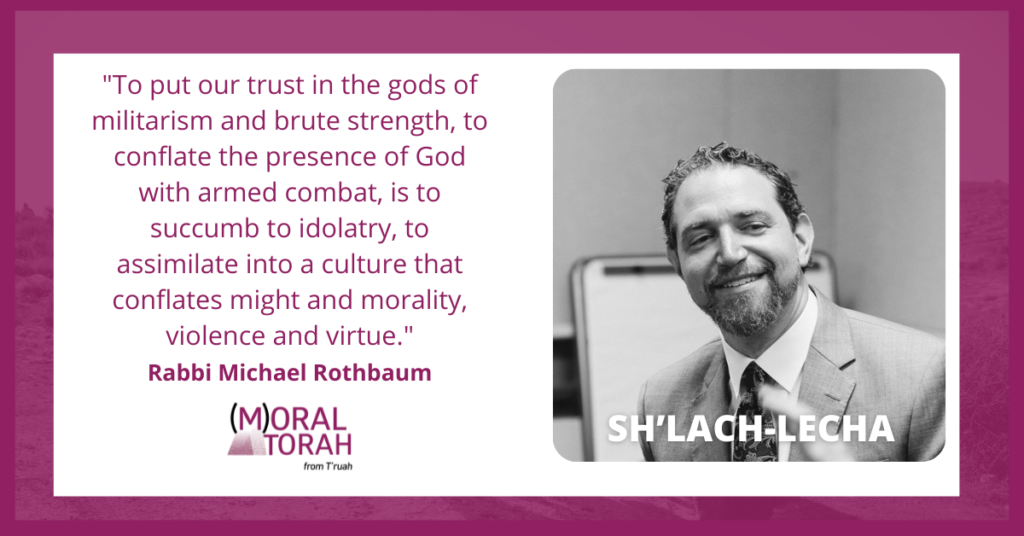
Rejecting Militant Literalism, Reclaiming Jewish Imagination
To put our trust in the gods of militarism and brute strength, to conflate the presence of God with armed combat, is to succumb to idolatry, to assimilate into a culture that conflates might and morality, violence and virtue.
more
